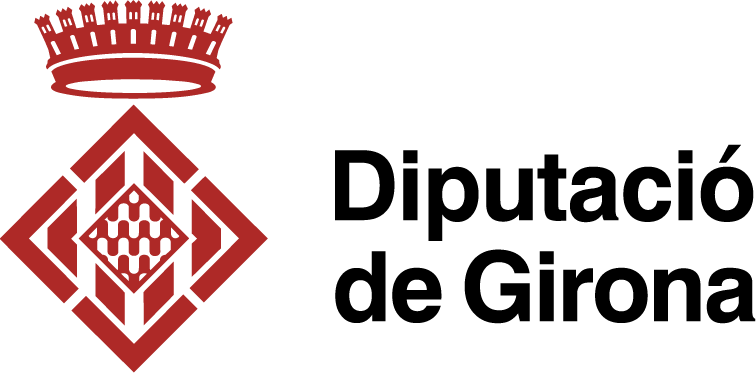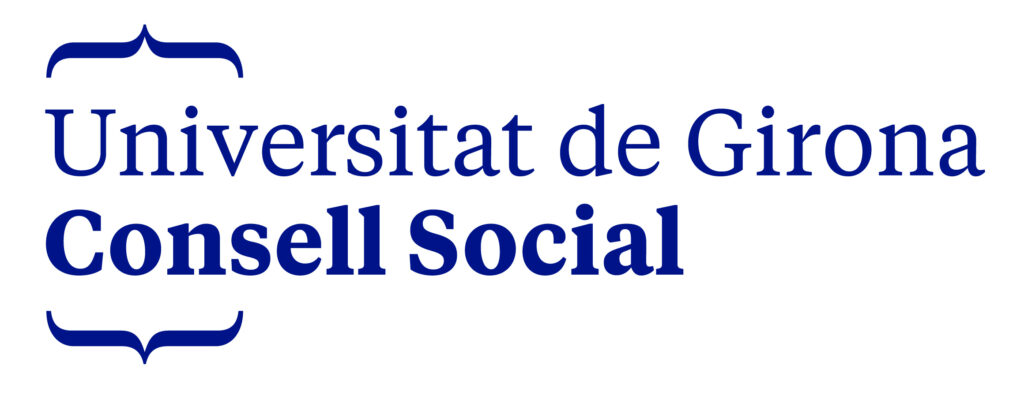Giorgos Kallis
Tuesday 26th June, 12.00-13.30, ICTA-UAB
This will be a discussion session.
Students will be expected to read in advance the bibliography below. The session will then be devoted to a Q&A session around the core ideas presented in the readings. Students who will not be able to read the bibliography will unfortunately not benefit much from this session, as there will not be standard power point presentation or else. The idea is to get deeper on some of the concerns of students with degrowth. The assumption is that students are already familiarized with some core degrowth concepts, and reading the book, we will go one step deeper into engaging with core degrowth debates, critiques and questions.
Brief description of the method
Students read the book in advance and before coming to the course. During the class there is an open Q&A session for half of the class. Then we identify some common themes and we work in groups to discuss them and address them. Each group makes a short presentation of their discussion/core findings.
Compulsory readings :
Kallis, Giorgos. 2017. Socialism without growth. Capitalism, Nature, Socialism. DOI: 10.1080/10455752.2017.1386695
Kallis, Giorgos et al. 2015. Introduction. In: Degrowth, A vocabulary for a new era. Oxon: Routledge, pp. 1-17.




